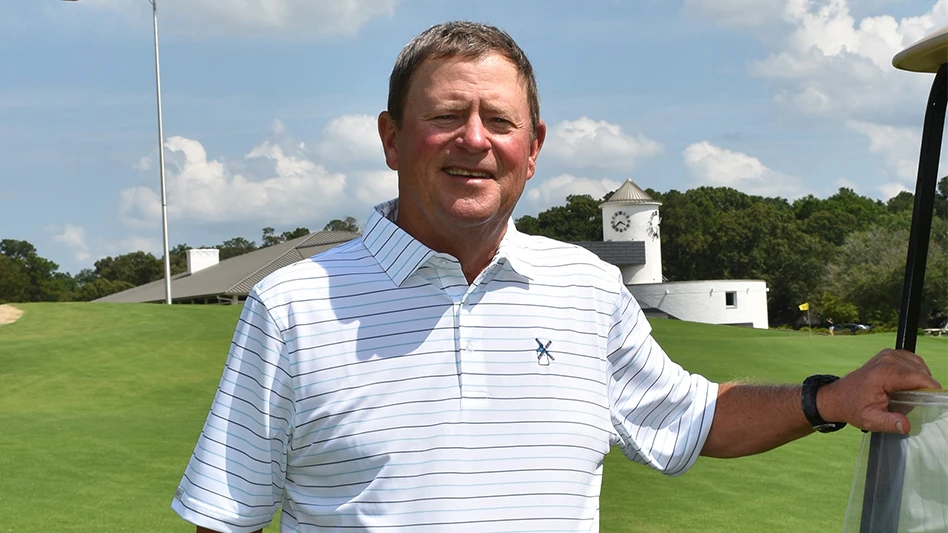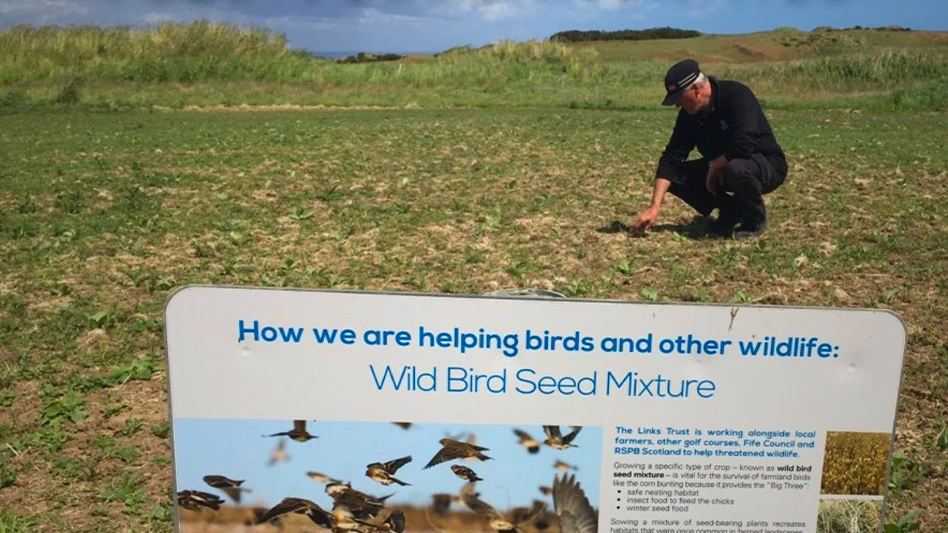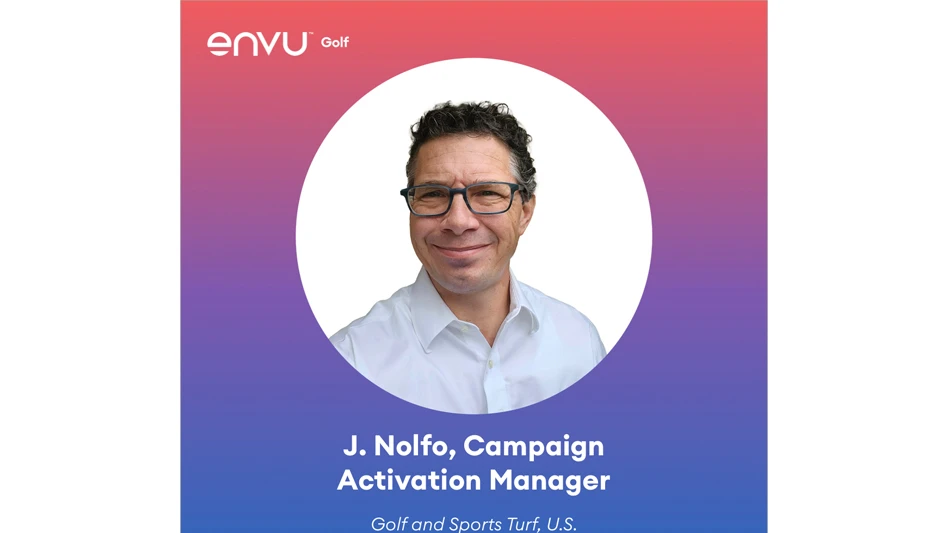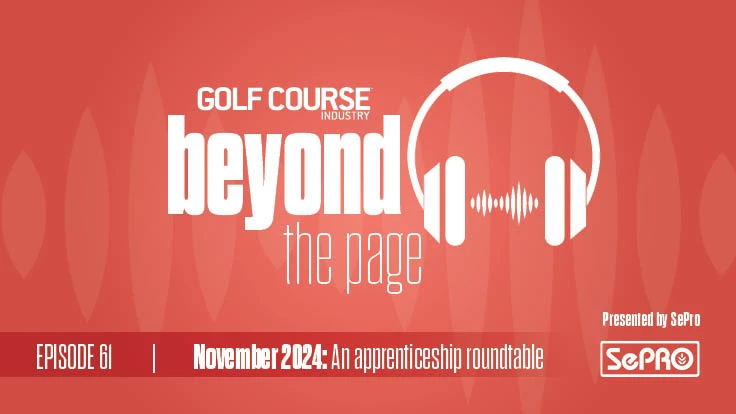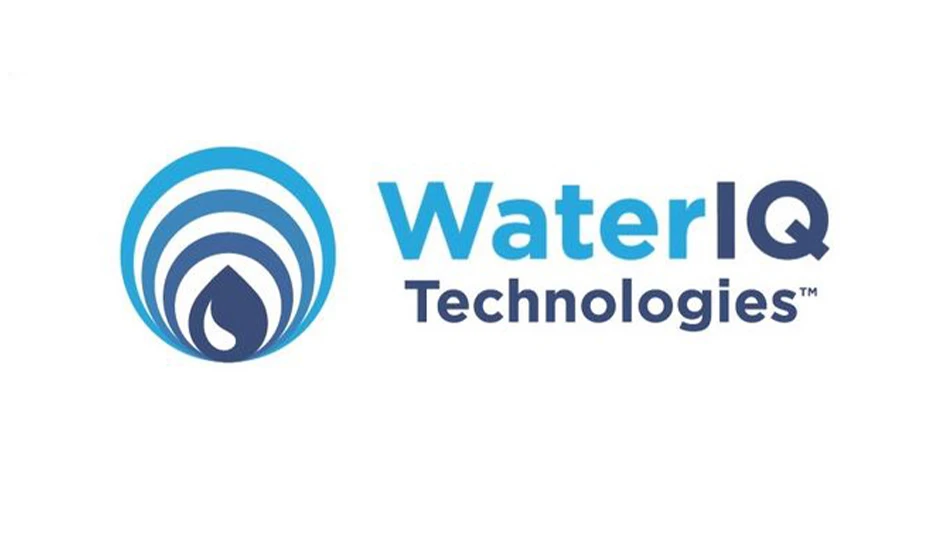
WaterIQ Technologies have added three members to its newly formed Scientific Advisory Board. Appointed members span the United States, Mexico and South America, and will serve in research roles conducting basic and independent research into algae growth and remediation mechanisms.
Board members include Dr. Paul Zimba, research faculty member at Virginia Commonwealth University; Dr. Viviana Almanza Marroquin, algologist and assistant professor and environmental science researcher at Centre EULA, University of Concepción in Chile; and Dr. Enrique Mora, limnologist and director of the Ecotone Analysis and Water Quality Laboratory in Veracruz, Mexico.
“The creation of the Scientific Advisory Board is the next step in WaterIQ’s commitment to producing unique algae remediation research,” WaterIQ CEO and chairman Lawrence Field said. “We continue to seek leading experts in the scientific world to better understand how ultrasonic technology can combat the environmental issues caused by algae. Partnering with top scientists in the algae remediation industry will fast-forward our goal of developing a base of scientific and hypothesis-driven research that advances proven sustainable algae remediation strategies that doesn’t involve harmful chemicals. This will enable our customers to be better stewards of the environment.”
The board will guide the company’s algae growth and remediation research, including the impact of ultrasound technology in different use cases and against different algae species and strains. The board will also serve in an expert advisory capacity on application-specific customer and market challenges.
This follows the announcement of WaterIQ’s board of directors as the company accelerates its market growth in the ultrasonic technology market. WaterIQ also recently appointed Tom Bundick as vice president of its Process Water Division.
Dr. Zimba has worked in aquatic ecology, including worldwide research in marine, estuarine and freshwater ecosystems. He has focused on minimizing the occurrence and effect of harmful algal blooms on natural and aquaculture systems, focusing specifically on cyanobacteria. He has published more than 135 papers, book chapters and proceedings, including algal identification of known and new taxa, nutrient:algal relationships, chemical and physical methods for bloom control, as well as off-flavor, remote sensing, toxin detection and trophic relationships. He is currently a research faculty member at the Rice Rivers Center at Virginia Commonwealth University with previous employment at Texas A&M University Corpus Christi and with the USDA/Agricultural Research Service.
Dr. Almanza Marroquín is an expert in the taxonomy of inland water microalgae and phytoplankton, particularly cyanobacteria and harmful microalgae. With more than 10 years of scientific research experience, she has co-authored more than 10 peer-reviewed and published research studies in the field of water ecology. Her current focus is on the study of the distribution and the periodic frequency of both cyanobacteria and eukaryotic microalgae (dinoflagellates and diatoms) blooms. She seeks to better understand the environmental factors involved in bloom formation and development, the impact on important water resources (drinking water, recreational water, irrigation) and the community responses to its impact.
Dr. Mora has more than 10 years of experience in ecological restoration, monitoring water quality in aquatic ecosystems and aquatic ecological project management. As an academic professional, he has led and advised undergraduate research students on various contamination source research projects on bodies of water for the Technological Institute of Tantoyuca. Working with the city of Martinez de la Torre, he has contributed and led published research on controlling cyanobacterial harmful algae blooms in freshwater ecosystems in various parts of Mexico. He has also collaborated with other scientists to provide information and research for private entities and government agencies. He is affiliated with Ocean Experts (directory of marine and freshwater professionals), the Intergovernmental Oceanographic Commission and UNESCO.
Latest from Golf Course Industry
- Florida's Windsor takes environmental step
- Heritage Golf Group expands into Tennessee
- GCSAA names Grassroots Ambassador Leadership Award winners
- Turf & Soil Diagnostics promotes Duane Otto to president
- Reel Turf Techs: Ben Herberger
- Brian Costello elected ASGCA president
- The Aquatrols Company story
- Albaugh receives registration for chlorantraniliprole
